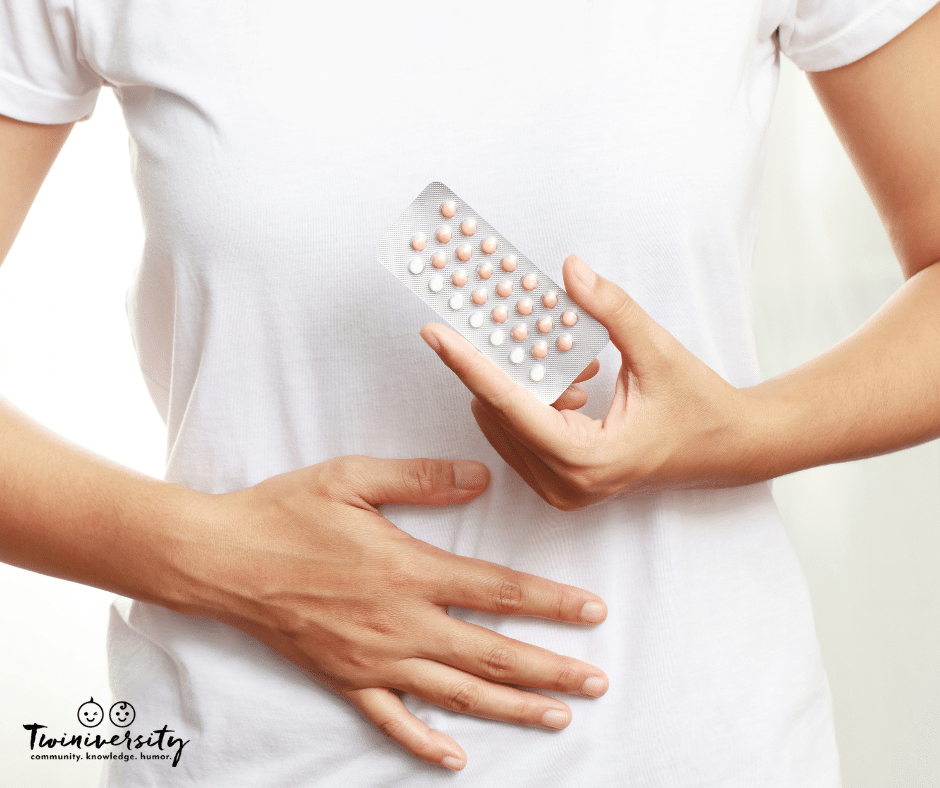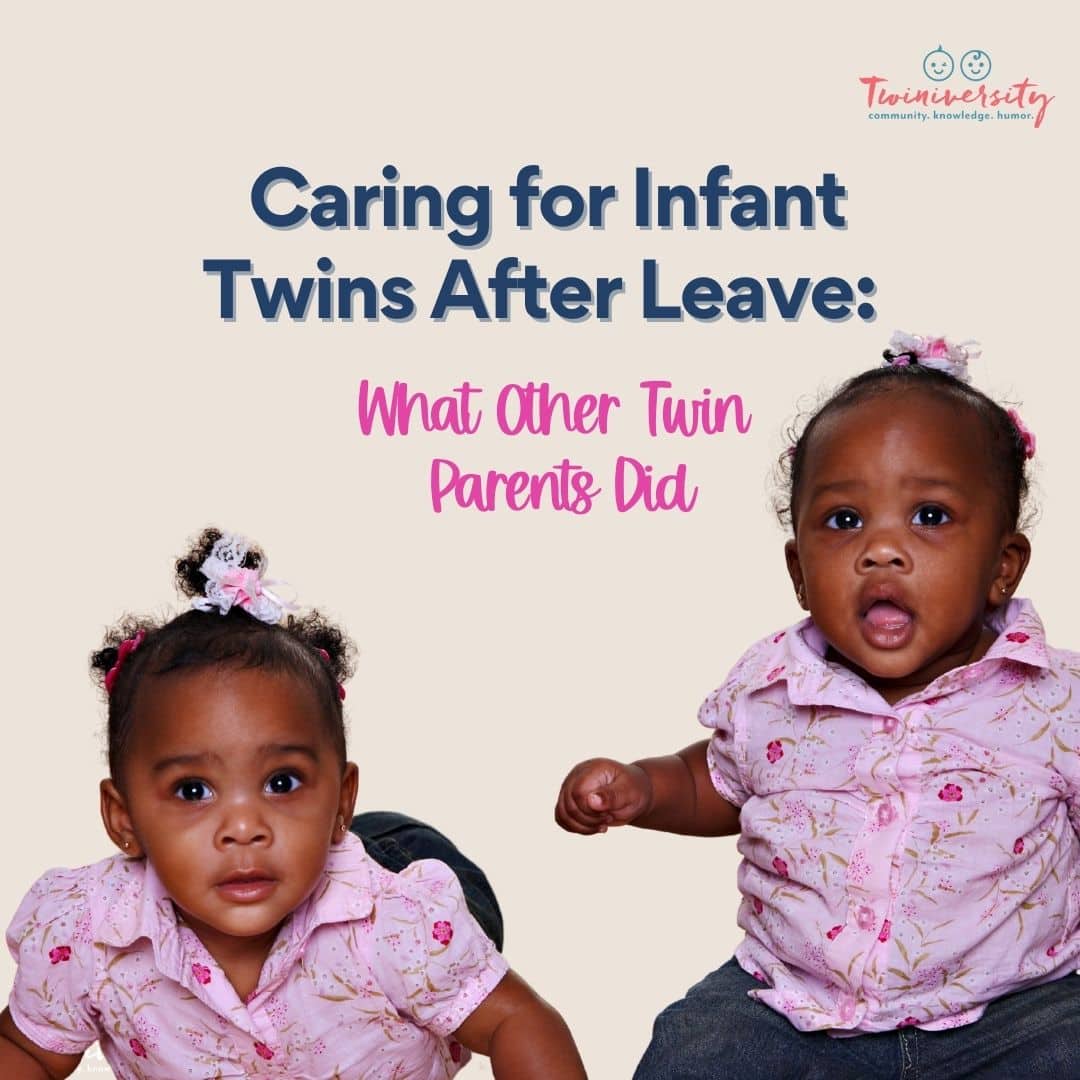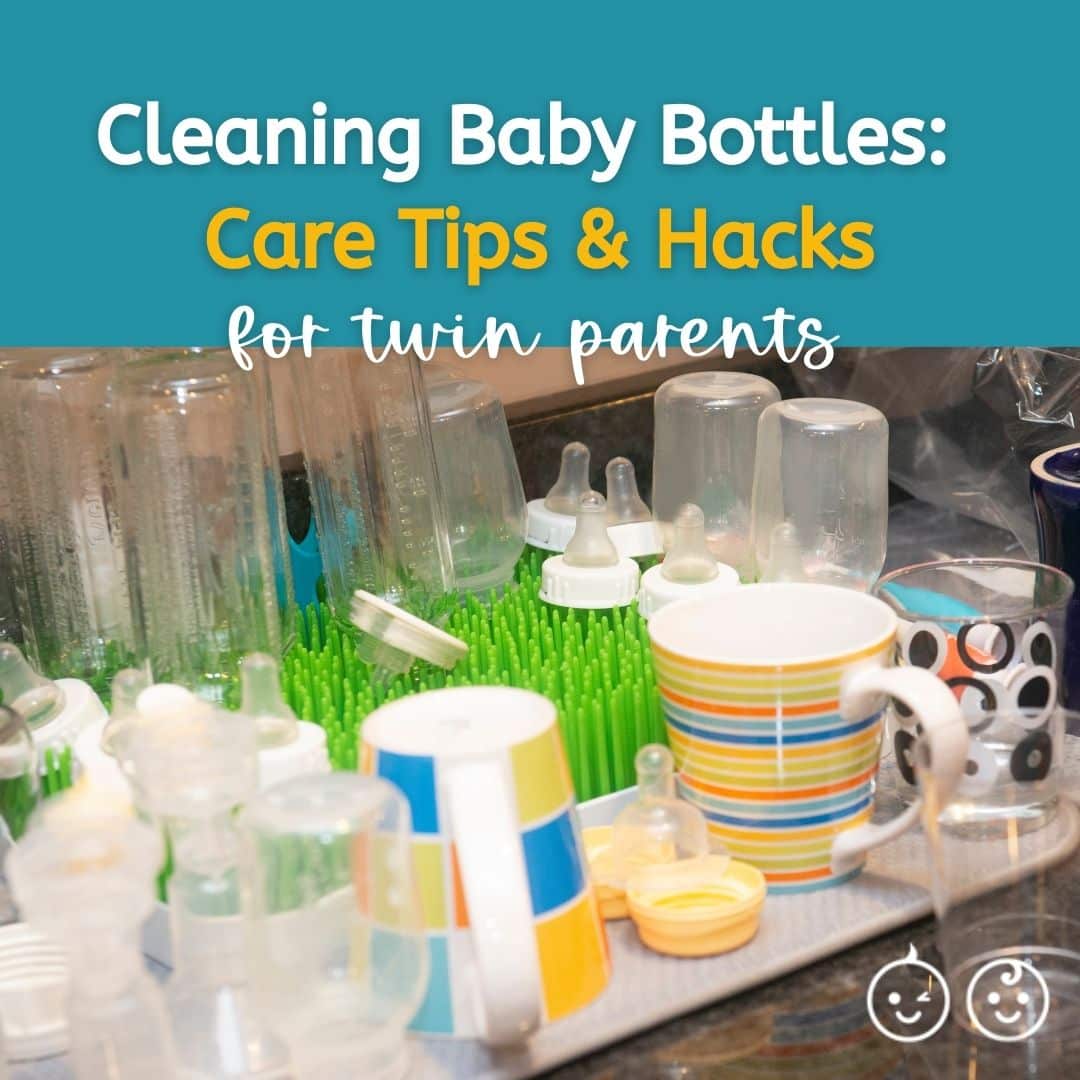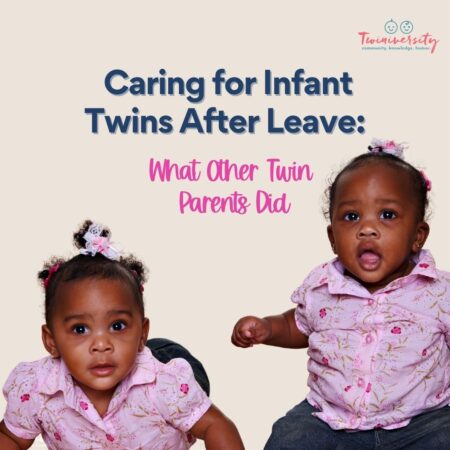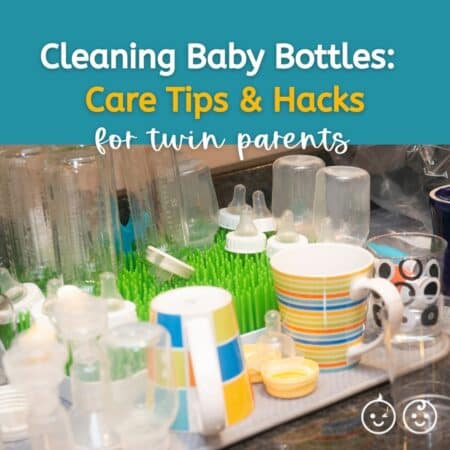Last updated on August 18th, 2023 at 02:48 pm
All content on this website, including medical opinion and any other health-related information, is for informational purposes only and should not be considered to be a specific diagnosis or treatment plan for any individual situation. Use of this site and the information contained herein does not create a doctor-patient relationship. Always seek the direct advice of your own doctor in connection with any questions or issues you may have regarding your own health or the health of others.
For over 60 years hormonal birth control has been a miracle for many: eliminating the stress of undesired pregnancy, regulating menstrual cycles and hormones, mitigating the symptoms of PMS, and aiding in treating symptoms of PCOS and endometriosis. That said, eventually, people who menstruate want to transition off of hormonal birth control at some point, whether for pregnancy or other lifestyle changes. While many stop with no issue, a growing number are reporting unexpected and uncomfortable physical changes post-birth control. The term post-birth control syndrome (PBCS) refers the onset of difficult and unpleasant symptoms after discontinuing hormonal birth control. Read on to learn more about this little-known and controversial effect of stopping hormonal contraception.
What is post-birth control syndrome?
Birth control works by using synthetic hormones to prevent the body’s natural menstrual cycle. When you stop taking these hormones, you are removing external sources of progesterone and/or estrogen from your body. This is a big change and it can take time for your body and menstrual cycle to adjust. During this time you may experience a range of temporary side effects.
According to Dr. Jolene Brighten, a functional medicine naturopath physician, post-birth control syndrome is “a set of symptoms that arise 4 to 6 months following the discontinuation of oral contraceptives.” Brighten explains further that, “post-birth control syndrome is the result of both the effects birth control can have on the body and the withdrawal of exogenous synthetic hormones.”
While symptoms tend to be seen in and reported by people discontinuing the use of the birth control pill, coming off of any hormonal contraceptive can cause the changes characterized by post-birth control syndrome, including IUDs, implants, the ring, and shots.
RELATED: Want to Get Pregnant with Twins? Twin Moms Tell You How!

Why is there controversy over post-birth control syndrome?
It seems pretty straightforward: people with a uterus are having issues after stopping hormonal birth control, but the science is divided on whether PBCS is even a thing. In fact, the medical community at large does not recognize post-birth control syndrome as an official diagnosis. Why is that?
Basically, while many doctors acknowledge that their patients are struggling, they conclude that these side effects are the body returning to its natural, pre-birth control state. Therefore, PBCS is not a treatable condition, rather, the withdrawal of hormonal birth control is revealing underlying conditions that birth control was masking and/or treating. As such, the symptoms often attributed to PBCS are indicative of separate issues.
According to Dr. Amanda Black, a professor of obstetrics and gynecology at the University of Ottawa,“…when you stop your hormonal contraception, you are what you would be without it.”
This does not change the fact that many people who menstruate experience real, debilitating symptoms after going off birth control. They need support and solutions and, thankfully, there are options out there.
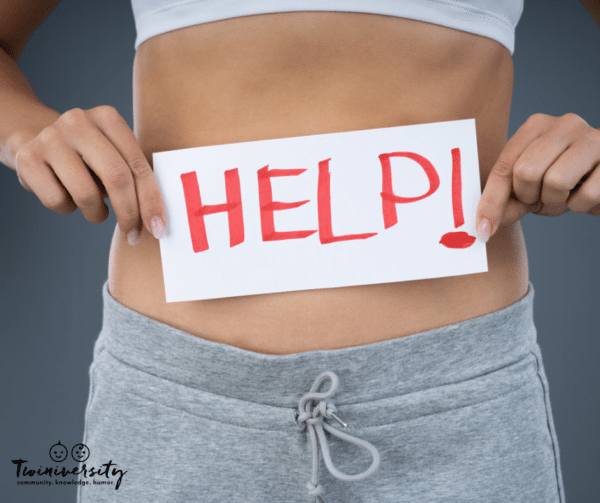
What are the symptoms of post-birth control syndrome?
Just as everyone has different experiences with going on birth control, the same is true for coming off. As of 2022, there is no concrete list of symptoms attributed to PBCS, however, care providers have been able to identify some that commonly occur post-birth control through anecdotal evidence.
The most common symptoms related to the menstrual cycle itself include the lack of a period (amenorrhea), irregular cycles (too long or too short), and heavy or painful periods. Because hormones impact our entire system, there are also many other symptoms are associated with PBCS:
- Acne
- Fertility issues
- Hair loss
- Digestive problems
- Breast tenderness
- Weight gain
- Migraines
- Mood disruptions including anxiety and depression
- Inflammation
- Other hormonal changes like hypothyroidism and adrenal dysfunction
While symptoms vary in type and severity, it can be incredibly frustrating to experience any of these disruptions, especially for people who are seeking to become pregnant.
Fun fact: you may have heard that coming off of birth control can increase your chances of having twins. Research is limited but according to the New England Journal of Medicine (1977), one study suggests women may be more likely to hyper-ovulate post-birth control, increasing the chances of dizygotic twins. However, these results have yet to be replicated or supported. Anecdotally, many twin parents cite recently going off birth control as the reason they had twins.
RELATED: I Got Pregnant With Twins While Using Protection

Want to get weekly emails about your twin pregnancy? Sign up for the Twiniversity email list! Subscribe today to get emails about giveaways, events, weekly article roundups, and more! We’ll be sending you a weekly twin pregnancy email to keep you on track with your pregnancy to-do list! Click here to learn more… and while you’re at it, check out our expecting twins classes and personal twin parent coaching services.
What should I do if I think I have post-birth control syndrome?
First things first, give your body time to adjust. Research shows it can take up to 90 days after the withdrawal of hormonal birth control for your body to level out and return to “normal” (ie: whatever it was before starting birth control). During these 90 days, it is actually normal to experience the above symptoms, within reason.
If you are experiencing any of the above symptoms 3+ months after stopping birth control, or if you just feel like something is wrong, make an appointment with your healthcare provider, especially if you are considering pregnancy.
When you see your physician your first step should be a full bloodwork panel to test for hormonal imbalances and nutritional deficiencies. Your next step will be to discuss treatments to address these issues. Do not be afraid to advocate for yourself and if your physician doesn’t seem willing to help, seek alternate care.

How do you treat symptoms of post-birth control syndrome?
Due to its lack of an official medical diagnosis, it can be difficult to treat the symptoms of PBCS. Because everyone’s body reacts differently, there is simply no one right answer (aside from getting back on birth control).
In many cases, symptoms clear up on their own without treatment. You can also manage symptoms individually, such as changing diet and exercise habits to address weight gain, taking painkillers for headaches, changing up your skincare routine for acne, etc.
The key to addressing more severe symptoms is to treat the underlying conditions that birth control was masking. These conditions can include hormonal imbalance, nutritional deficiencies, impaired liver detox, stress, and more. Evidence suggests that restoring balance to your body is the first step to addressing the symptoms of these deficiencies. Working with your physician, determine your needs and address your symptoms.
For many people who menstruate, the first and most crucial step is to address the depletion of certain nutrients caused by birth control.1 Maintaining a healthy diet and increasing intake of these foods can be a gamechanger in resolving symptoms:
- Healthy fats
- Adequate protein
- Complex carbohydrates
- Green leafy vegetables
- Cruciferous vegetables
Support hormone regulation after birth control by increasing your intake of:
- Zinc
- Magnesium
- Selenium
- Vitamins C, E and B6
- Folate/Folic Acid
Lifestyle changes may also address your symptoms such as: getting enough sleep and exercise, cutting down on alcohol and caffeine, and managing stress.
RELATED: The hCG Levels That Could Mean You’re Having Twins
The bottom line
Hormonal contraceptives benefit many people who menstruate but you may experience difficult side effects from going off of it as your body returns to normal. The medical community may not recognize post-birth control syndrome but these symptoms and those who suffer should not be ignored. Get to know your body and pay attention to how it changes after stopping birth control. Give yourself time to adjust and if after 3 months you still have concerns, take the appropriate steps to start feeling your best again.
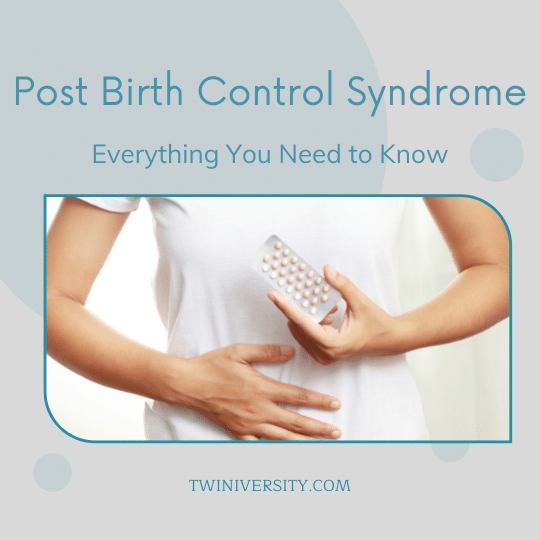

Maigen Beaulieu is a former Child-Care Provider and freelance writer living in Upstate New York with her husband, 7-year-old identical twin girls, one lazy cat (Willow), and one wild Yorkie (Ella). As a way to cope with anxiety during her twin pregnancy, she began blogging about her journey and discovered a love of writing for, and connecting with, other parents of multiples. While her blog was put to rest years ago (hello, working mom of toddler twins with zero time to write), Maigen is thrilled to join Twiniversity and help other families navigate the journey of parenting multiples. When she isn’t writing about the magic and madness of twins, she can be found reading historical fiction, researching her family history as an amateur genealogist, or sewing cute jackets for her dog. She can be reached via her blog Life and Love. Multiplied, on Twitter and Instagram.
Latest Twiniversity Articles

Our new digital twin pregnancy journal is up for sale on the Twiniversity Etsy store! This is the first and only digital journal exclusively for twin pregnancy. It’s the perfect way to record your precious twin pregnancy memories to cherish for years to come. Click here to learn more… and while you’re at it, check out our expecting twins classes and Twiniversity Shop!
1Palmery M, Saraceno A, Vaiarelli A, Carlomagno G. Oral contraceptives and changes in nutritional requirements. Eur Rev Med Pharmacol Sci. 2013 Jul;17(13):1804-13. PMID: 23852908.

